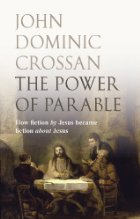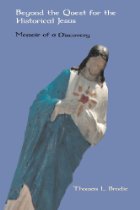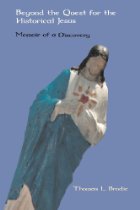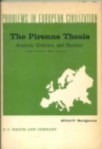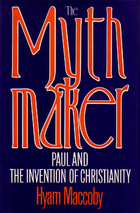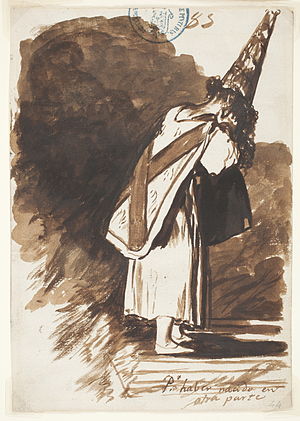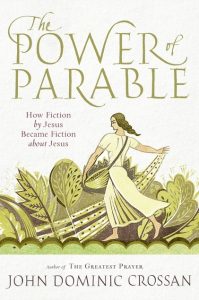I have added to my table some quick off-the-top-of-my-head references to the sources I was thinking of when I constructed my original table (see previous post). Some people on Jim McGrath’s site have chosen not to register any problems with my chart here, but have opted for a giggle-and-poke session on Jimmy’s blog and Doctor James McGrath even said my entries on the chart I myself devised were “arbitrary”. But I think everyone who knows the history of this Explodingourcakemix scholar knows he knows nothing outside a few set texts in theology classes, some Mandean texts that need translating, and all the Dr Who scripts. Here in this post I add to my original chart some quick references to the sources that were on my mind at the time I designed it.
Some people have even challenged me for my entries and asked what I would assign for this or that other historical person. In doing so they have missed the point entirely. Who cares what I enter into the table? If I made some mistakes, then fine, tell me and I’ll change my choices. What matters is what most people who know anything about the historical sources for any supposed historical person choose to enter. It’s not a subjective exercise. Choices of Yes or No etc are open to discussion and correction.
Gosh, some people seem to think that “mythicists” are just like “historicists” — that they have some ideological or professional interest to defend and are prepared to construct bogus charts with “arbitrary” entries somehow thinking that everyone will be fooled. 🙁
Here is the chart again, along with my introductory explanation, and some names added to indicate the sources that guided my initial decisions.
Continue reading “That chart of mythical and historical persons — with explanations”

